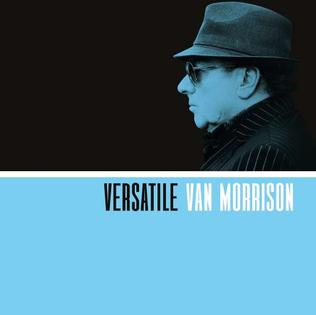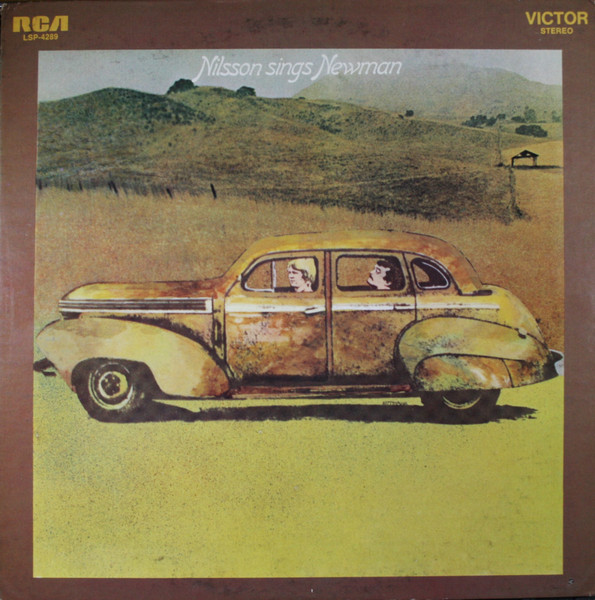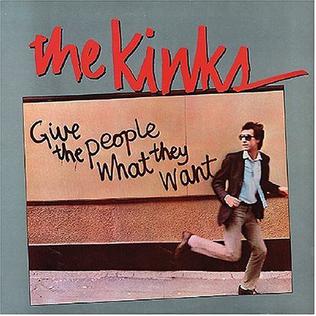In keeping with the big-ness of prog, when it came time for a live Yes album, a double album wouldn’t do.
Yessongs was a three-record set, in a package sporting three Roger Dean landscapes and a booklet full of photos of the band as well as the crew.
Vinyl constraints meant that the order of a basic show was shuffled to fit the six sides. Also, the music was culled from their two most recent tours, and Bill Bruford only appears on the three tracks from the first one. He took off after recording Close To The Edge to find more intricate challenges with King Crimson, whereupon his replacement was one Alan White, most familiar from playing on a few John Lennon and George Harrison records. Would he be able to handle the polyrhythms Bruford left behind?
The album begins with the sound of an expectant crowd clapping through an excerpt from Stravinsky’s The Firebird as the band takes the stage. The music gives way to Rick Wakeman’s Mellotron, and eventually Steve Howe fumbles his way into “Siberian Khatru” (don’t worry, he catches up by the end). Just before “Heart Of The Sunrise” we can hear an audience member yell “louder!” “Perpetual Change” comes from one of the Bruford shows, and is extended for him to take a drum solo. “And You And I” begins not with the harmonics intro from the studio, but a quote from the majestic “Eclipse” section before going back for the vocal. Plus, Steve plays it all on electrics, so something is lost. (Since he gets a solo spot to play “Mood For A Day”, it’s not like he didn’t have an acoustic handy.)
Speaking of solo spots, Jon Anderson warbles alone for a few seconds before introducing Rick, who plays what are listed as “exceprts” from that year’s The Six Wives Of Henry VIII solo album, a multi-keyboard showcase that was neither as prog nor as pretentious as it could have been, the concept notwithstanding. He even throws in a few familiar classical and silent movie quotes to tweak the crowd. Somehow it all works into the intro for “Roundabout”.
“I’ve Seen All Good People” is wisely played to the accompaniment of a trilling acoustic, until the loud section. “Long Distance Runaround” comes from one of the Bruford shows as well, as does “The Fish” that follows, beginning with more noodling from Steve that becomes a basis for Chris Squire to solo, before the band comes in, then they drop out again, then eventually they join again. Altogether this section goes for about nine minutes. “Close To The Edge” takes up all of side five, complete with sound effects, and is still pretty majestic. “Yours Is No Disgrace” seems to start mid-performance with some jamming before the riff starts proper, but they manage to keep the energy going at a galloping pace throughout, through extended sololing, and “Starship Trooper” is delivered fairly close to the record, with the addition of the choral voices from Wakeman’s Mellotron.
If anything,
Yessongs proves that the band could tackle their complex material just fine in a live setting. And yeah, the new guy could keep up pretty well too. Fans weren’t thrilled with the occasionally muddy sound of the album—neither was the band nor the producer, for that matter—but they only had to wait 42 years until
Progeny: Seven Shows From Seventy-Two delivered on its title, going back to the source tapes for nearly identical Bruford-less setlists across 14 remastered discs. (A two-disc “highlights” package distilled from five of the shows replicates a basic concert for those wanting only a taster. Also, 1975’s
Yessongs feature film, which offered a truncated glimpse of one of the shows on the tour, has since made it to DVD and Blu-ray.)
Yes Yessongs (1973)—3
Yes Progeny: Seven Shows From Seventy-Two (2015)—3
Yes Progeny: Highlights From Seventy-Two (2015)—3
 Mere months—that’s right, months—after a blues album, Van returned with a collection of new songs. Well, new recordings, anyway; Versatile is a swing album, more concerned with jazz (again) than blues.
Mere months—that’s right, months—after a blues album, Van returned with a collection of new songs. Well, new recordings, anyway; Versatile is a swing album, more concerned with jazz (again) than blues.





